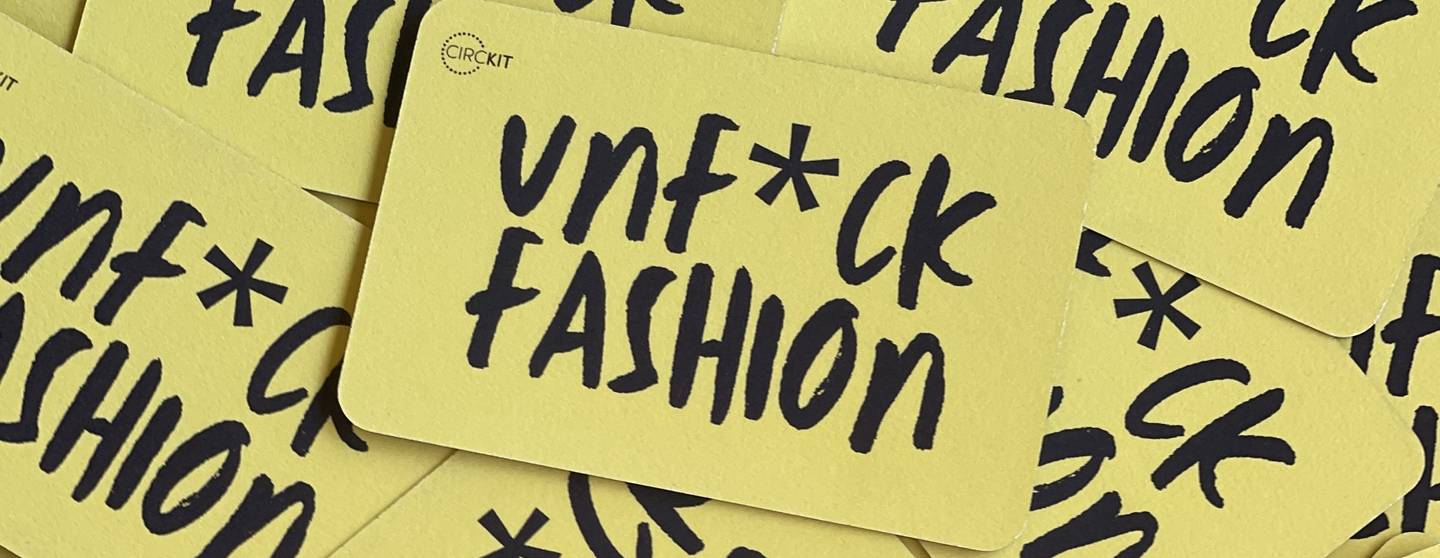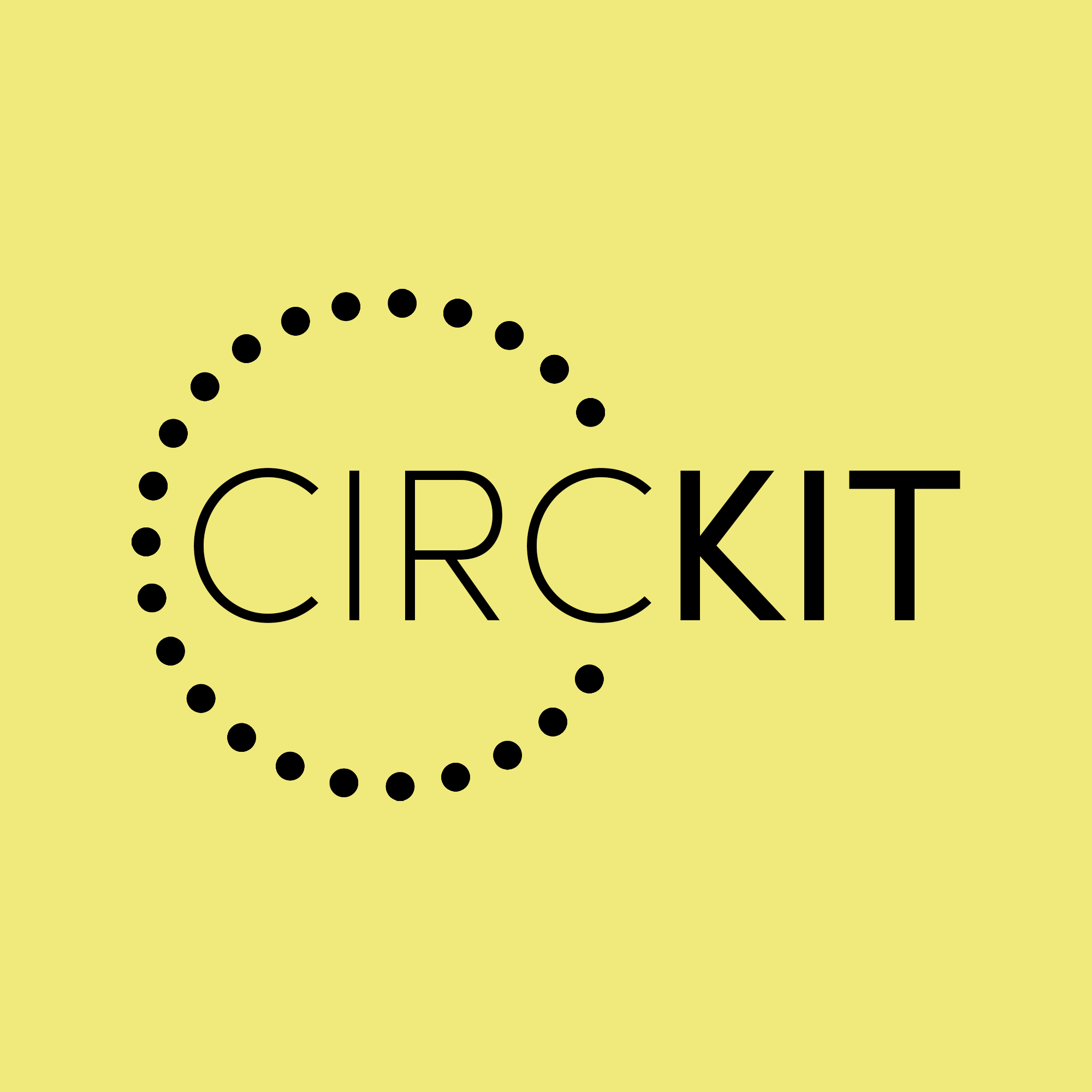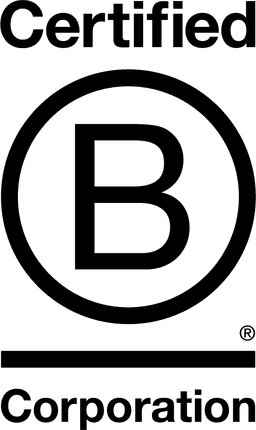

CircKit.ai Ltd

1.6
England, United Kingdom
December 2021
Other info service activities
Service with Minor Environmental Footprint
Afghanistan,
Albania,
Algeria,
Andorra,
Angola,
Anguilla,
Antigua and Barbuda,
Argentina,
Armenia,
Aruba,
Australia,
Austria,
Azerbaijan,
Bahamas The,
Bahrain,
Bangladesh,
Barbados,
Belarus,
Belgium,
Belize,
Benin,
Bermuda,
Bhutan,
Bolivia,
Bosnia and Herzegovina,
Botswana,
Brazil,
Brunei,
Bulgaria,
Burkina Faso,
Burundi,
Cambodia,
Cameroon,
Canada,
Cape Verde,
Cayman Islands,
Central African Republic,
Chad,
Chile,
China,
Colombia,
Comoros,
Congo,
Congo The Democratic Republic Of The,
Cook Islands,
Costa Rica,
Cote D'Ivoire (Ivory Coast),
Croatia (Hrvatska),
Cuba,
Cyprus,
Czech Republic,
Denmark,
Djibouti,
Dominica,
Dominican Republic,
Ecuador,
Egypt,
El Salvador,
Equatorial Guinea,
Eritrea,
Estonia,
Ethiopia,
Fiji Islands,
Finland,
France,
French Guiana,
Gabon,
Gambia,
Georgia,
Germany,
Ghana,
Greece,
Grenada,
Guatemala,
Guinea,
Guinea-Bissau,
Guyana,
Haiti,
Honduras,
Hong Kong S.A.R.,
Hungary,
Iceland,
India,
Indonesia,
Iran,
Iraq,
Ireland,
Israel,
Italy,
Jamaica,
Japan,
Jordan,
Kazakhstan,
Kenya,
Kiribati,
Kosovo,
Kuwait,
Kyrgyzstan,
Laos,
Latvia,
Lebanon,
Lesotho,
Liberia,
Libya,
Liechtenstein,
Lithuania,
Luxembourg,
Macau S.A.R.,
Macedonia,
Madagascar,
Malawi,
Malaysia,
Maldives,
Mali,
Malta,
Marshall Islands,
Mauritania,
Mauritius,
Mexico,
Micronesia,
Moldova,
Monaco,
Mongolia,
Montenegro,
Morocco,
Mozambique,
Myanmar,
Namibia,
Nauru,
Nepal,
Netherlands Antilles,
Netherlands The,
New Zealand,
Nicaragua,
Niger,
Nigeria,
North Korea,
Norway,
Oman,
Pakistan,
Palau,
Panama,
Papua New Guinea,
Paraguay,
Peru,
Philippines,
Poland,
Portugal,
Puerto Rico,
Qatar,
Romania,
Russia,
Rwanda,
Saint Kitts and Nevis,
Saint Lucia,
Saint Vincent and the Grenadines,
Samoa,
San Marino,
Sao Tome and Principe,
Saudi Arabia,
Senegal,
Serbia,
Seychelles,
Sierra Leone,
Singapore,
Slovakia,
Slovenia,
Solomon Islands,
Somalia,
South Africa,
South Korea,
South Sudan,
Spain,
Sri Lanka,
Sudan,
Suriname,
Swaziland,
Sweden,
Switzerland,
Syria,
Taiwan,
Tajikistan,
Tanzania,
Thailand,
Timor-Leste,
Togo,
Tonga,
Trinidad and Tobago,
Tunisia,
Turkey,
Turkmenistan,
Turks And Caicos Islands,
Tuvalu,
Uganda,
Ukraine,
United Arab Emirates,
United Kingdom,
United States,
Uruguay,
Uzbekistan,
Vanuatu,
Venezuela,
Vietnam,
West Bank and Gaza,
Yemen,
Zambia,
Zimbabwe
CircKit is the AI-powered 'Circular toolKit' technology platform for fashion & footwear brands. It helps brands design sustainable products, streamline production, meet regulations, and unlock new revenue opportunities - all while saving time and costs. With CircKit, fashion teams can work smarter, by accessing real-time insights into environmental data, including the EU’s 19 Product Environmental Footprint (PEF) indicators. This means brands can assess and reduce their environmental impact during the design phase - before production even begins! Given that 91% of a product’s impact occurs during design and production, it makes sense to start at the beginning, and CircKit’s design insights are a game-changer, empowering brands to act where it matters most. From meeting crucial compliance requirements - like Extended Producer Responsibility, Digital Product Passports, or Net Zero targets - to adopting innovative 'next-gen' eco-materials, and unlocking value from end-of-life pathways and circular initiatives. CircKit aims to transform global textiles - the world’s 4th largest, yet 2nd most polluting industry - by supporting brands to reduce waste, optimise design, ensure compliance, and drive growth. The future of fashion is 'circular by design'.
Overall B Impact Score
Governance 20.8
Governance evaluates a company's overall mission, engagement around its social/environmental impact, ethics, and transparency. This section also evaluates the ability of a company to protect their mission and formally consider stakeholders in decision making through their corporate structure (e.g. benefit corporation) or corporate governing documents.
What is this? A company with an Impact Business Model is intentionally designed to create a specific positive outcome for one of its stakeholders - such as workers, community, environment, or customers.
Workers 39.6
Workers evaluates a company’s contributions to its employees’ financial security, health & safety, wellness, career development, and engagement & satisfaction. In addition, this section recognizes business models designed to benefit workers, such as companies that are at least 40% owned by non-executive employees and those that have workforce development programs to support individuals with barriers to employment.
Community 40.0
Community evaluates a company’s engagement with and impact on the communities in which it operates, hires from, and sources from. Topics include diversity, equity & inclusion, economic impact, civic engagement, charitable giving, and supply chain management. In addition, this section recognizes business models that are designed to address specific community-oriented problems, such as poverty alleviation through fair trade sourcing or distribution via microenterprises, producer cooperative models, locally focused economic development, and formal charitable giving commitments.
Environment 13.0
Environment evaluates a company’s overall environmental management practices as well as its impact on the air, climate, water, land, and biodiversity. This includes the direct impact of a company’s operations and, when applicable its supply chain and distribution channels. This section also recognizes companies with environmentally innovative production processes and those that sell products or services that have a positive environmental impact. Some examples might include products and services that create renewable energy, reduce consumption or waste, conserve land or wildlife, provide less toxic alternatives to the market, or educate people about environmental problems.
Customers 18.9
Customers evaluates a company’s stewardship of its customers through the quality of its products and services, ethical marketing, data privacy and security, and feedback channels. In addition, this section recognizes products or services that are designed to address a particular social problem for or through its customers, such as health or educational products, arts & media products, serving underserved customers/clients, and services that improve the social impact of other businesses or organizations.
What is this? A company with an Impact Business Model is intentionally designed to create a specific positive outcome for one of its stakeholders - such as workers, community, environment, or customers.